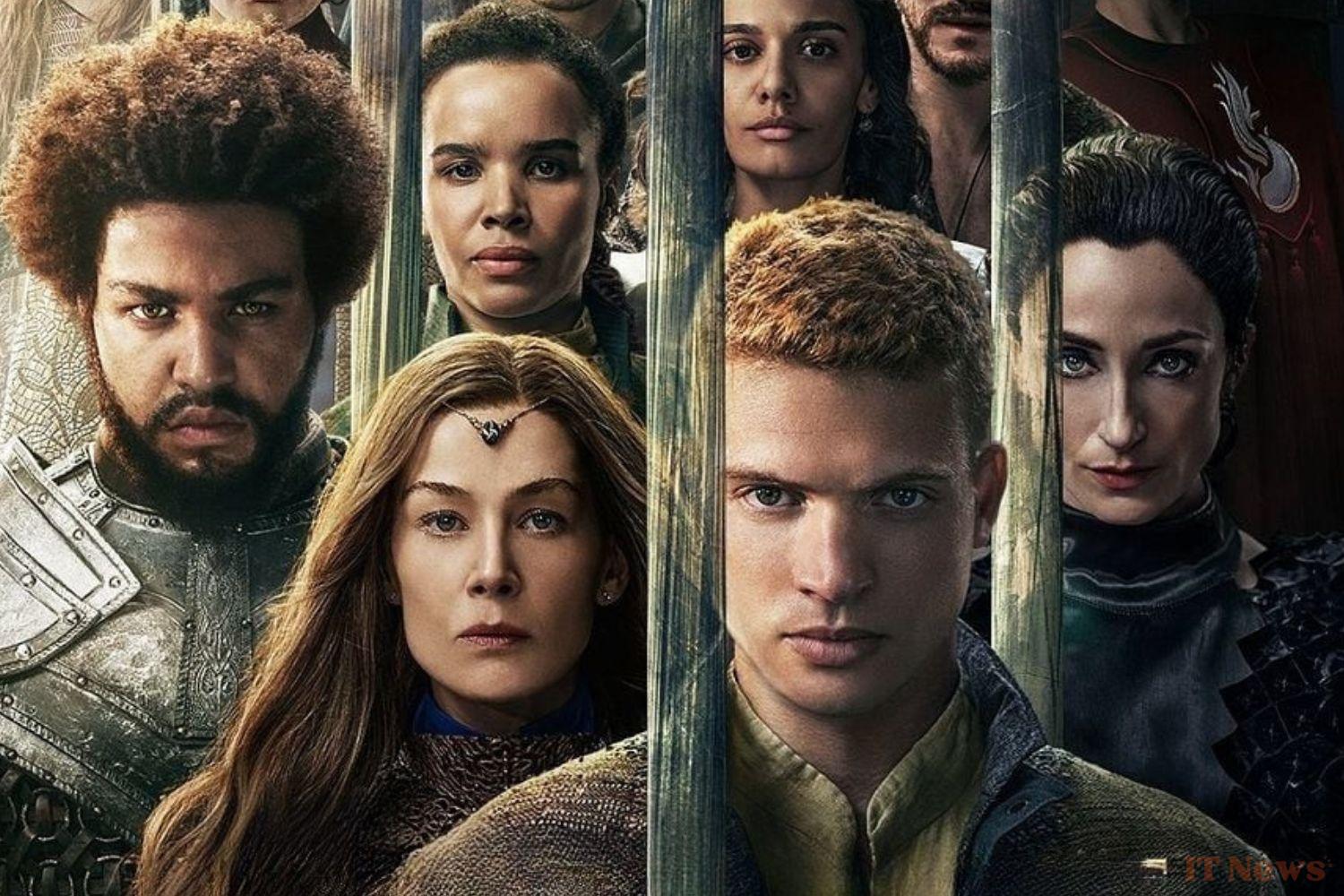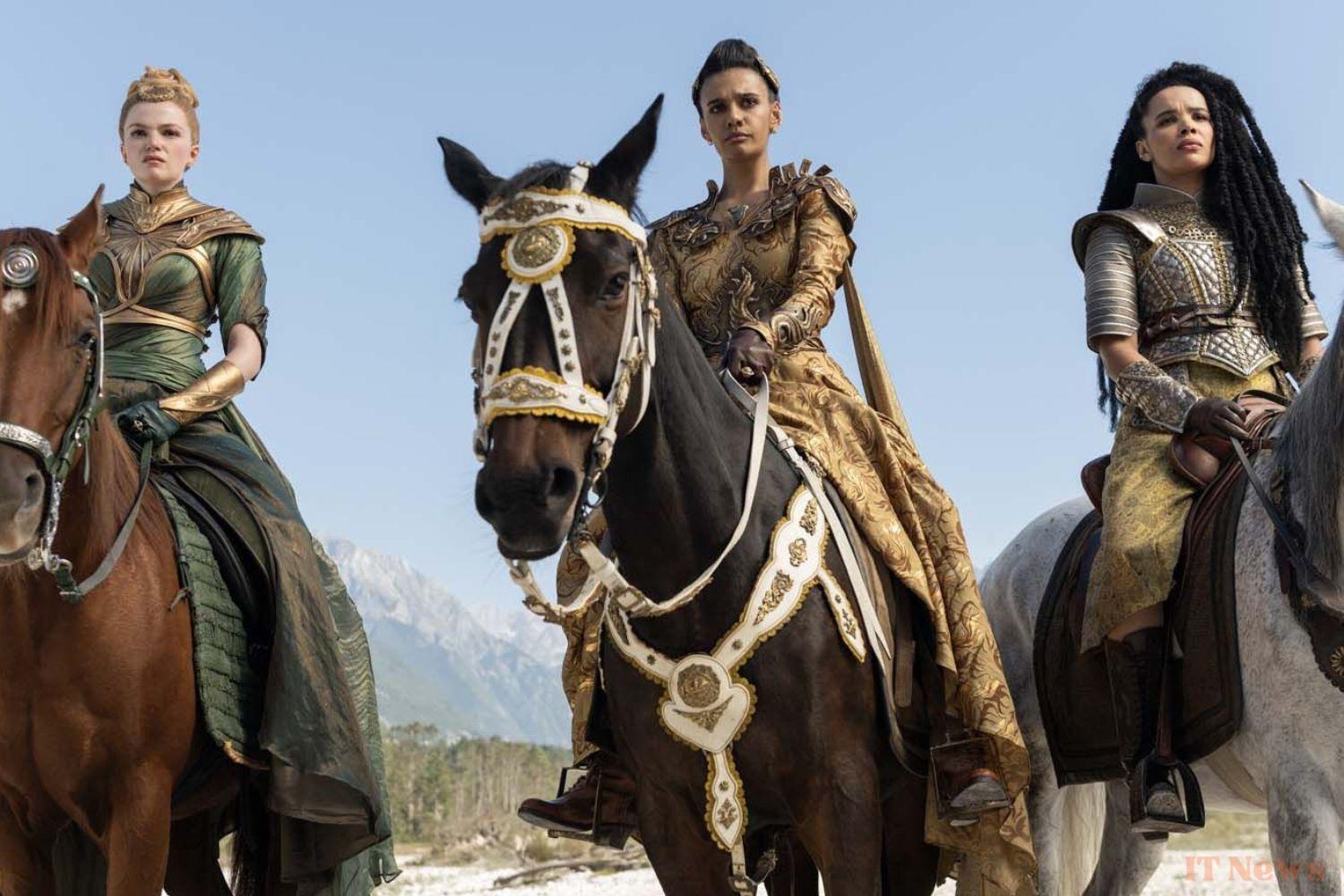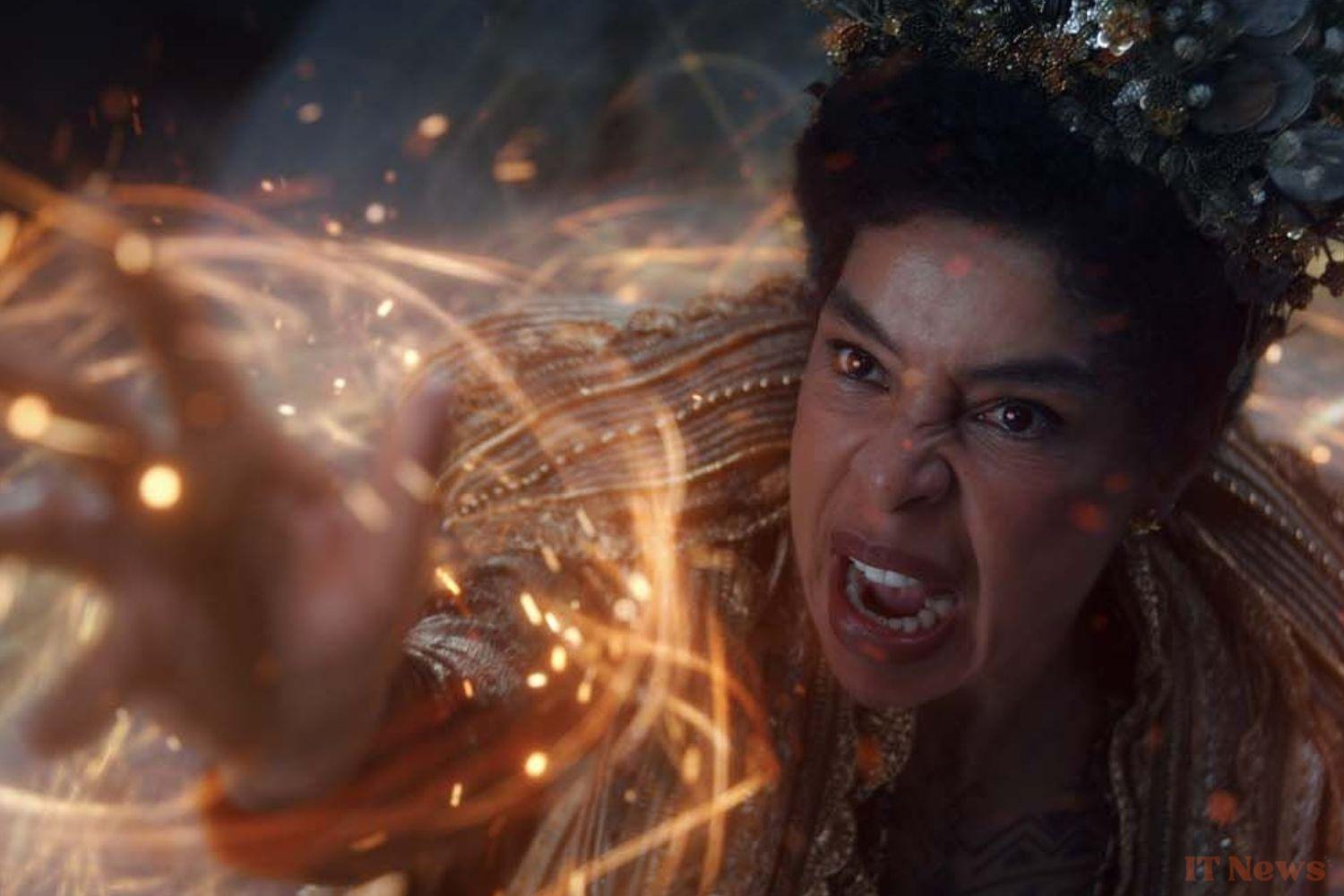Will the wheel turn for Prime Video's first fantasy series? In 2021, while Middle-earth aficionados eagerly await the adaptation of the appendices of The Lord of the Rings, Prime Video is giving itself its first chance to bring them together under its wing with another iconic literary saga. Under the leadership of Rafe Judkins, Robert Jordan's imagination must come to life and prove that the Amazon subsidiary has what it takes to take on ambitious fantasy epics.
The first season will also be rather well-received by those for whom the novels are unknown. The ratings are good, and The Wheel of Time quickly establishes itself as one of the most-watched series on Prime Video. However, not all critics are enthusiastic, and many point out that certain decisions made by the writers harm Jordan's mythology.
The slow beginnings, as well as these changes, will put a part of the audience off interest. But with season 3, and while fantasy struggles to convince in serial format, The Wheel of Time has enormous potential... which it finally seems to have understood how to exploit. And it is in the pages of the literary saga that the creator of the adaptation found the light.
Coming out of the shadows…
When Robert Jordan began writing The Wheel of Time in the 1980s, fantasy was struggling to escape the model established by J.R.R. Tolkien. As Most authors in the genre draw inspiration from a Western, fantasy medieval period to construct political and human dynamics and aesthetics. Kings, queens, knights, and vassals navigate intrigues tinged with magic, dwarves, elves, and prophetic quests. These are all things found in Jordan's work, but reinvented with a completely new angle. According to Brandon Sanderson, who finished writing the saga after the author's death:
However, this singularity of The Wheel of Time was only very barely felt with the first salvo of episodes. Like Frodo's quest, Rand's evolved around dark forces that were after him, creatures that looked like Nazgûl. The figure of the chosen one, which has become a source of mockery when it comes to talking about gender, is once again summoned and the public has the impression of seeing a less scholarly reinterpretation of stories they already know.
The dragon dance finds its tempo
In these first episodes, by wanting too much to meet the expectations of the spectators and establish itself as the new Game of Thrones, The Wheel of Time has forgotten everything that Robert Jordan's saga. She didn't take the time to build her heroes as anything other than archetypes, from Rand to Nynaeve to Perrin. It took until the end of season 2 for the series to find its rhythm and pay homage to Jordan's creativity.
While the aesthetic remains conventional, not to say outdated when it comes to immortalizing the powers of the Aes Sedai, it is clear that The Wheel of Time continues to cultivate its uniqueness through its settings as much as its inspirations. A feeling amplified by the discovery of season 3, which multiplies the risks taken and focuses more on the personalities of its heroes. More than ever, we are caught up in this series, more interesting than it seems.
We have confidence
With its desire to break away from the model established by Tolkien and Peter Jackson in cinema, to emerge from the shadow of Game of Thrones and its more realistic and dark approach to fantasy, The Wheel of Time could establish itself as a must-see in the genre. After three episodes of this third season, we can note major improvements. This is the case with the opening scene, which is firmly intended to dazzle the audience. A sequence which, although it relies on the same outdated visual effects as in previous episodes, benefits from a more accomplished treatment. The Wheel of Time has a sense of spectacle and we can already appreciate that the series is not stingy with sequences of this kind.
It has also rectified the situation regarding its characters and their personalities, relying less on long tirades for dramatic elements than on silences that say just as much. For the first time since the beginning of the series, we really grow fond of Rand, Nyneve, Egwene, Perrin, Matt and we gradually see Moiraine fade into the background to take the place she truly has in the books.
She becomes a guide as much as an adversary for Rand, a more discreet leader. While we can understand why Prime Video made the character played by Rosamund Pike the epicenter of the story, all this spotlight given to her character has come at the expense of the others and their journeys. Season 3 benefits from a less precarious balance, even if, after the fanfare opening, we already feel a loss of rhythm that the next episodes should compensate for. We'll have to wait for the end of this series to decide whether the game is still worth the candle and whether the series if it doesn't reinvent the wheel will last over time.





0 Comments